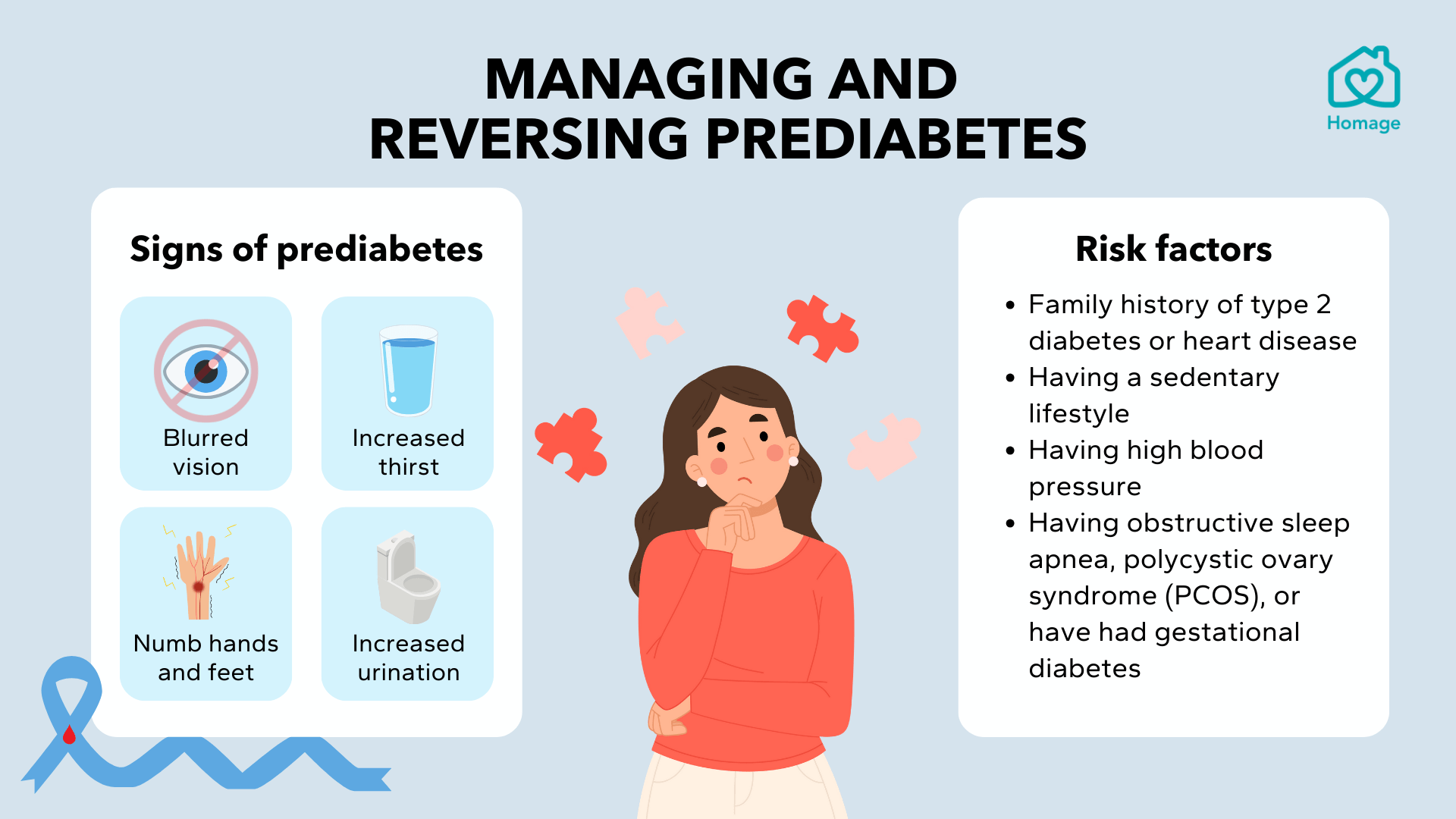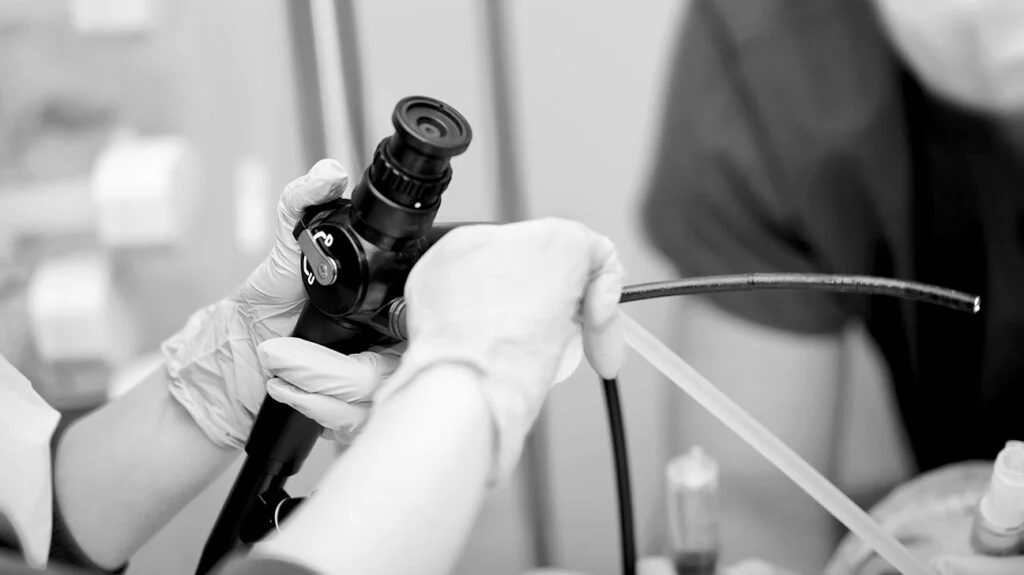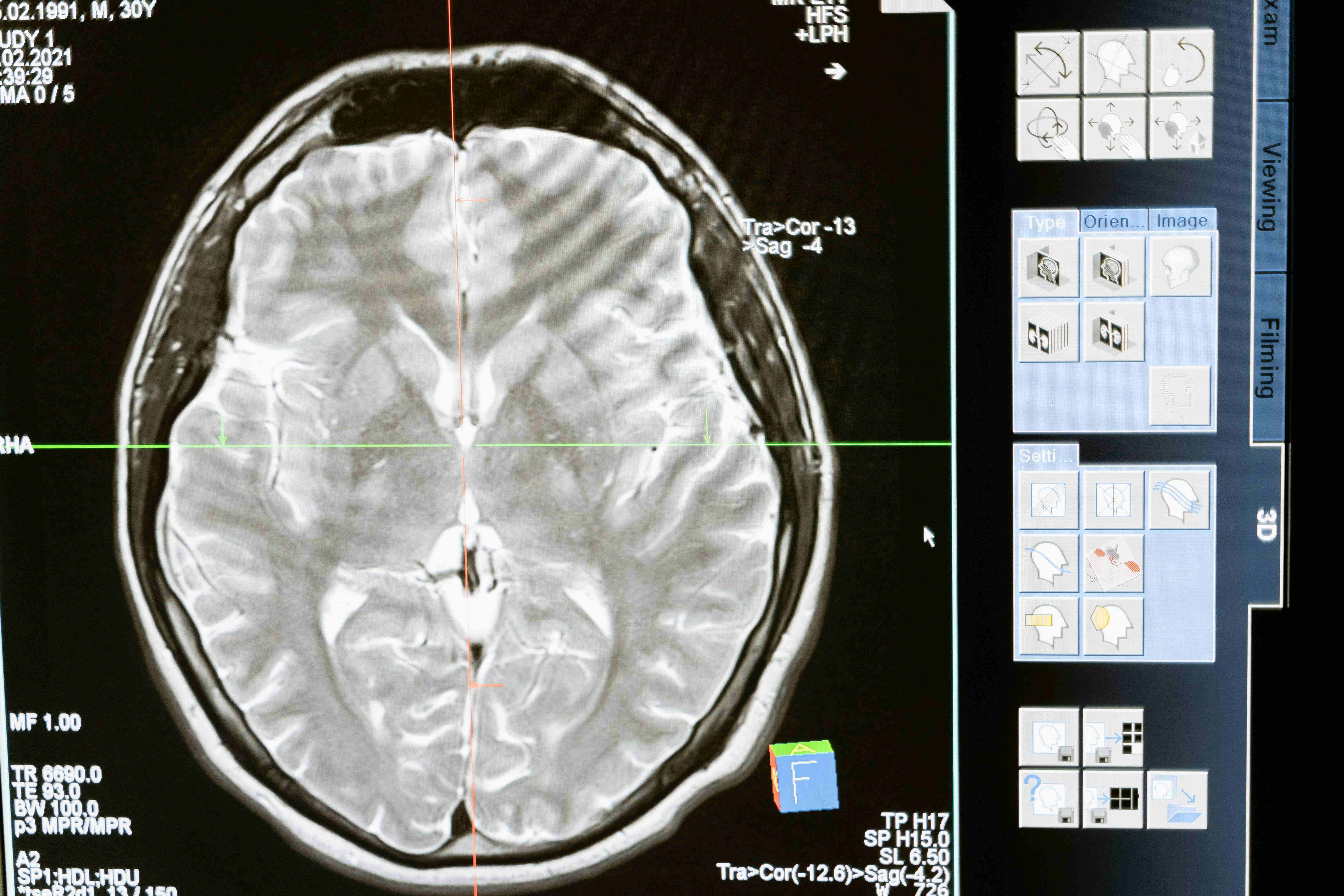Understanding Stomach Ulcers: Causes, Symptoms, and Treatments
What Are Stomach Ulcers?Stomach ulcers, also called gastric ulcers, are painful sores that develop in the lining of your stomach. They occur when the protective mucus layer is diminished, allowing stomach acid to damage the underlying tissue. Stomach ulcers are a type of peptic ulcer, a category that also includes duodenal ulcers, which affect the … Read more










